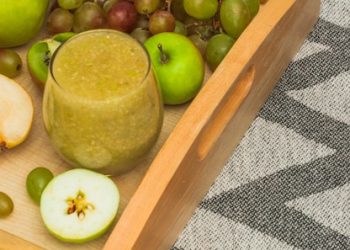
Bacteria, like all living things, need food to grow. They thrive under certain conditions, such as specific temperatures, pH levels, and oxygen availability. Some foods don’t support bacterial growth, like raw carrots, which aren’t suitable for bacteria. Cooked foods, however, tend to have a shorter shelf life compared to raw ones.
Understanding what causes bacterial growth and how it occurs on certain foods is crucial. Identifying foods that don’t support bacterial growth helps in this understanding. Water is essential for bacteria, as it helps digest food nutrients. The concept of water activity, which is the water not bound to food molecules, is key. For instance, raw rice has lower water activity than cooked rice, which has absorbed water during cooking. Foods with higher water activity are more likely to support bacterial growth, unlike raw rice.
Bacteria also need nutrients like carbohydrates, proteins, and sugars to grow. Foods rich in these nutrients, such as dairy products, are more prone to bacterial growth. The temperature range of 40-140°F is ideal for bacteria to multiply quickly. Freezing is an effective preservation method because it prevents bacteria from growing and causing spoilage.
Oxygen is another factor; some bacteria can grow without it, but generally, the absence of air inhibits bacterial growth. Canned foods, which are air-free, don’t support bacterial growth as long as they remain sealed and undamaged.
The pH level also affects bacterial growth. Bacteria thrive at a neutral pH of 7, while foods with a pH below 4.5 are less conducive to bacterial growth. Raw fruits and vegetables, like carrots, onions, and garlic, have low water activity and don’t support bacterial growth as cooked foods do. Dry foods, such as grains, nuts, and powdered dairy products, lack moisture, making them inhospitable to bacteria.
Freezing kills bacteria, so frozen foods are safe from bacterial growth. Once frozen, foods like meat and other perishables won’t support bacterial growth. Dry spices stored properly are also safe, as they are low in protein and nutrients needed for bacterial growth. Some spices, like clove and oregano, naturally inhibit bacterial growth.
Acidified foods, which have low pH levels due to added acids like vinegar, don’t support bacterial growth. This includes pickles, sauces, and certain fruits. Bacterial growth is a common cause of food spoilage, which can be detected through changes in taste, smell, texture, or appearance, even though bacteria themselves are microscopic.












































